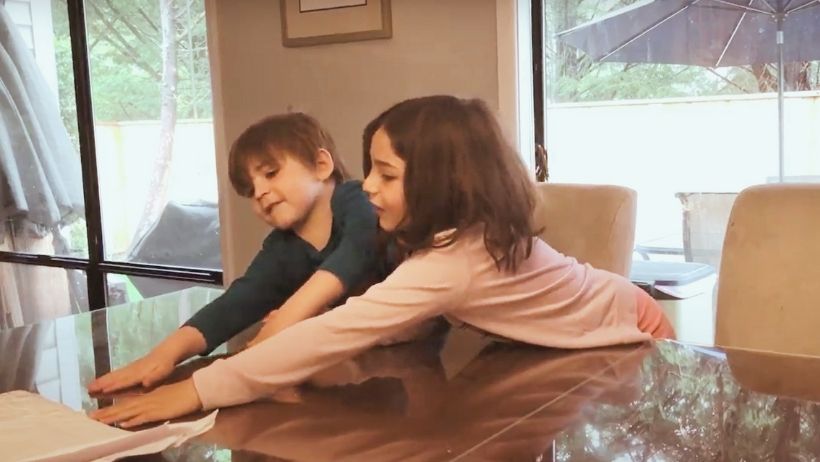Why do children take advantage of each other? I’ve watched my children do this so many times. One has a toy the other one wants, and so the bribing and bargaining begins. They’re wiser now that they’re older, so it isn’t as easy for the younger one to be taken advantage of. To be fair to them, equitable trades become much more complex as you grow up. Gone are the days of “I’ll be your best friend” if such and such, and very real is the need for tangible results from our bartering and bargaining.

Perhaps there’s something inherent in our nature about trying to get the best deal or the most value. We see it as early as Jacob and Esau. Jacob wants the birthright, Esau wants food, a “fair” trade is made, and off they go with their lives. Except, that particular trade was anything but equal. It’s a theme we’re quite familiar with, and in this week’s Torah portion, we see a prime example of the dark side of wanting it all.
Moving on to Jacob’s sons, Parshat Vayigash reminds us of the different ways in which we see behavioral changes. In the parshah, Joseph’s brother Yehudah (Judah) tries to redeem himself by asking to be imprisoned instead of Benjamin, and Joseph reveals himself to his brothers and heroically invites the whole family to Egypt to save them from starvation in Israel. In addition, Joseph and his father Jacob are reunited, and Joseph is able to finally reveal his newfound position of power.
When it comes to Joseph overseeing the distribution of food in Egypt, we focus more on his dealings with his brothers, but this week’s portion reveals another side of his cunning (and problematic) leadership. The Egyptians, who had worked together to store food, are still hungry because the government had taken hold of the stores of food, and the citizens needed to pay or barter to take a share of it.
In chapter 47, verse 19 of Genesis, we read of the Egyptians coming to Joseph without anything left to trade. They’ve given all their livestock and fields as consignment to the leadership. They’re starving, and with nothing left to give, they offer up themselves in servitude, and Joseph accepts this offer. For me, this was a horrifying discovery. Joseph, the dreamer, the leader, allowed people to sell themselves for food? Didn’t he learn from what his brothers did to him? How could he be guilty of the same action?
Rest assured, the rabbis of old were bothered by this as well, and as a result, we have biblical laws requiring us to help the poor so that they should not have to sell themselves into slavery to repay a dept. Ours is not to own or outdo another. Our job is to respect and lift up one another.
Joseph could have kept control over a scarce resource without forcing people to sell themselves to survive, but he failed to strike that balance. Vayigash means “and he met.” But it wasn’t only his brothers whom he met. Joseph met himself at a crossroads, faced with deciding between a path of power and control over his brothers and the rest of the country, and a path to meet his brothers halfway. The lesson to take away is that perspective is everything; when we can approach any discussion, deal, or decision from the other party’s view, that’s what true humanity is about.



